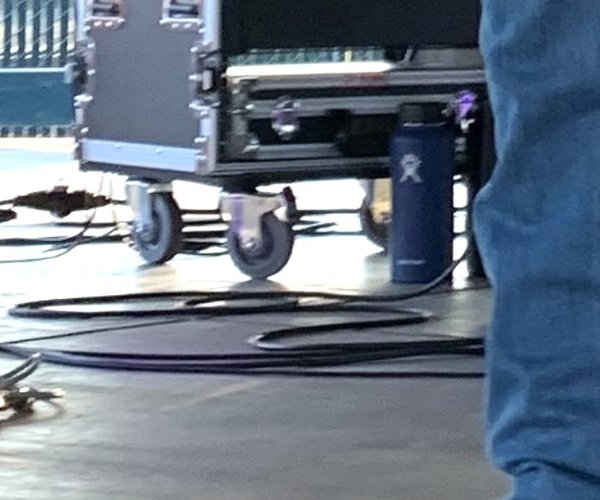Some much needed funding for multiple
projects across the Central Valley will be headed this way, following the
Friday, Nov. 5 passage of a bipartisan infrastructure bill through the House of
Representatives.
Bipartisan Infrastructure Bill Will Benefit Central Valley





